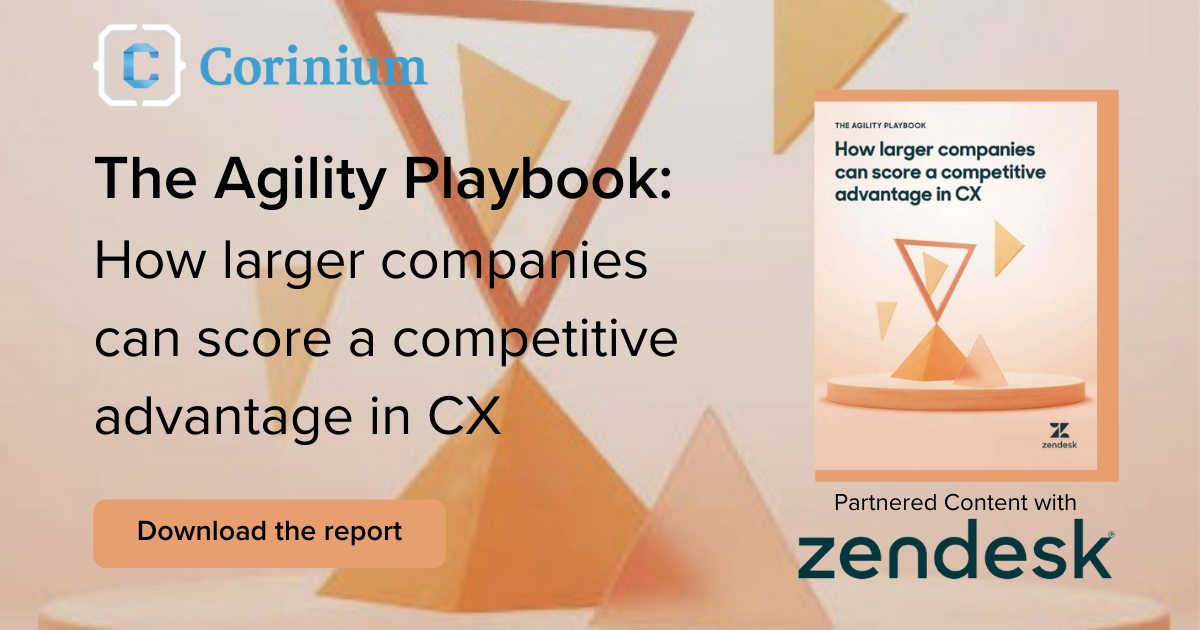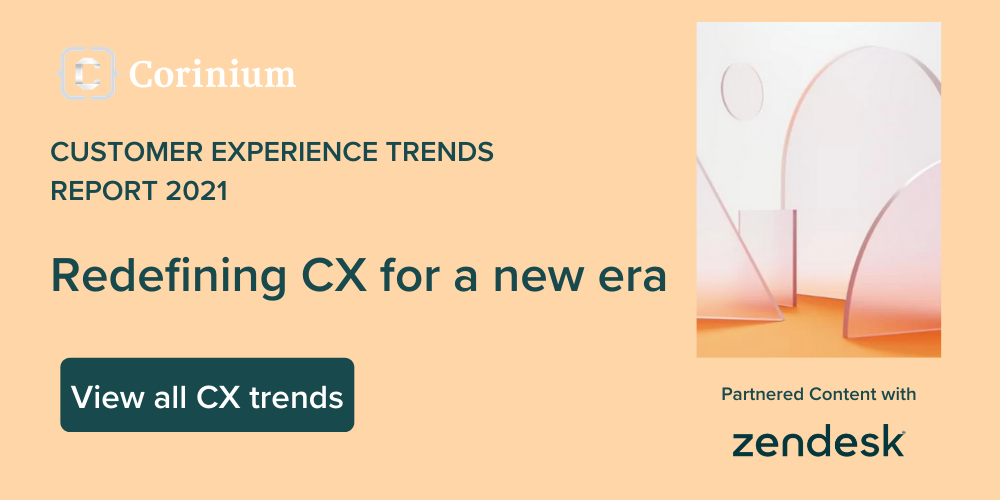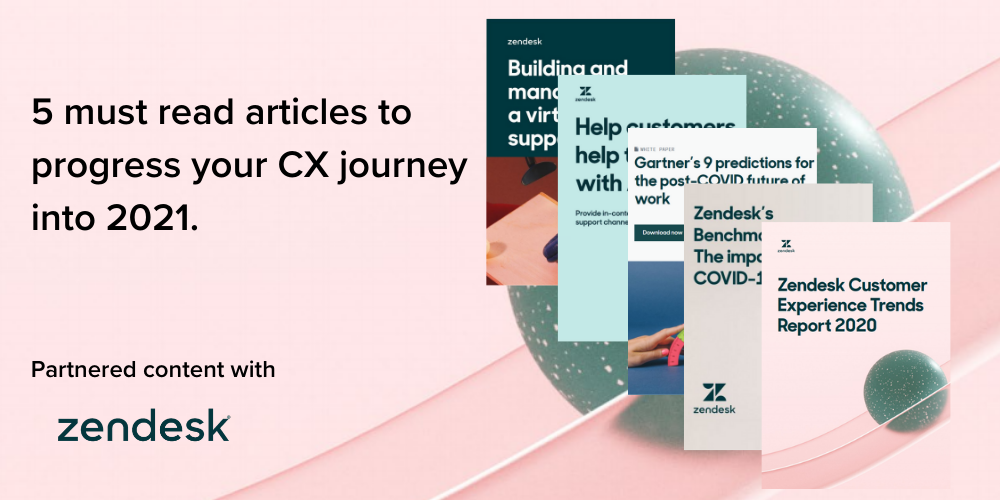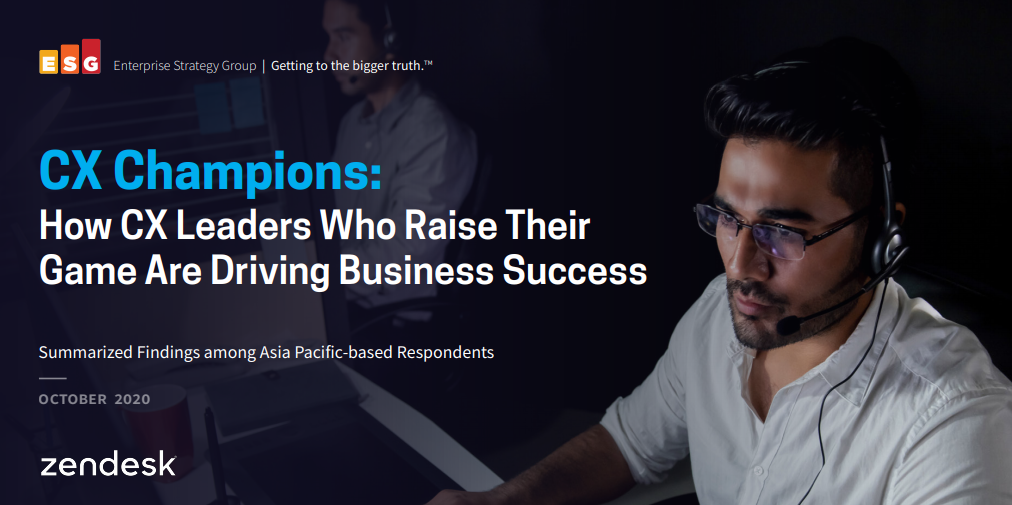Artificial Intelligence (AI) is transforming industries from healthcare to retail at a rapid pace. As one of the mass emergent technology trends set to revolutionise business over the coming years, AI poses a unique opportunity for businesses to delve further into data to understand, communicate and deliver drastically improved customer experiences.
While 2016 may have been pronounced the ‘year of the chatbot’, some of the largest developments in AI were in industry-specific applications. Finance, healthcare and customer service have all been identified as industries most affected by AI, while vast improvements in self-driving vehicles and robotics have already disrupted the transportation and manufacturing industries.
Customer Experience and AI
Big business has begun to react to AI’s swift growth, with more than 30 private companies working to advance artificial intelligence technologies acquired in the last five years by global giants such as Google, IBM, Intel, Apple and Salesforce, and over 40 acquisitions taking place in 2016 alone [source]. Corporations are also investing in their own AI technology, with Facebook, Google and Dropbox – just some of the companies that are developing AI to gain better insights from user data.
As AI rapidly increases in capability and ubiquity, it provides valuable services for companies across all industries to understand and utilise their data. In processing and analysing big data, an AI is perhaps your best weapon for maintaining an excellent customer experience and keeping up with consumers who will continue to expect a higher level of service from your organisation.
With increasingly sophisticated AI, the barriers for understanding big data analytics are diminished, democratising the practice of analytics related to the customer within the grasp of any curious person working in an enterprise or SMB. Organisations will be increasingly able to understand what their customers are saying in real-time and respond appropriately, and a growing number of correspondence received will be able to be resolved with minimal human intervention while still ensuring customers receive a swift, consistent and personal service.
Democratisation of Big Data
The democratisation of big data is a key development in AI technologies, paving the way for software to lead human analysts in their decision making when it comes to customer experience (CX). While the volume of data combinations can be simply too much for human analysts and consultancies to manage, an AI solution like Touchpoint Group’s product Ipiphany™ uses cognitive analytics to analyse and learn from both structured and unstructured customer data, combining text analytics, machine learning and natural language processing to comprehensively analyse big data. By learning and thinking like a human brain, Ipiphany™ can identify themes and patterns across every piece of structured and unstructured data – and the more it processes, the more it learns.
Cognitive analytics offers up the opportunity for CX insights to move beyond big data to all data, delivering more comprehensive CX information than ever before. The impact of a more precise root cause analysis using customer conversations and narratives, for example, can reduce handling costs by up to 40% while improving customer advocacy. In analysing all data, Ipiphany™ is also able to delve into industry specific pain points at a detailed level. We know that the banking sector is a leading industry in effective CX, while the telecommunications sector follows a reasonable distance behind and the energy sector lagging the most. On the other end of the spectrum, company data can be analysed in granular detail to find problems an organisation hasn’t realised are dramatically affecting CX.
As AI continues to evolve, consumer expectations will rise accordingly.
As AI continues to evolve, consumer expectations will rise accordingly. Already we know that ‘good’ is not good enough, as the data has shown our clients that consumers need an excellent customer experience to be a promoter, with 75% of customers who had a ‘good’ customer experience becoming a detractor over time. In the future, customers will become less focused on the analytics that manage their experience and interactions with a brand and will come to expect a personalised and timely customer experience.
To deliver that customer experience, some outcomes will still demand a human approach. Using an AI solution to deliver both industry and business-specific customer experience (CX) complaints and contextually relevant answers frees up humans to focus on higher value tasks, such as developing interpersonal relationships with clients or handling crisis management situations. Organisations in all industries will no doubt see AI become more ubiquitous in the coming years. By forecasting and adopting technologies like cognitive analytics, companies will be able to navigate further AI developments on the front foot.
Meet top leaders from Touchpoint Group and other leading customer experience executives at the Chief Customer Officer Melbourne happening on 4-5 April 2017. For more information, visit chiefcustomerofficermelbourne.com
Frank is the co-founder and CEO of Touchpoint Group, a global business providing enterprise software and services for superior customer engagement. With lead roles and investments in technology businesses since the 1980’s Frank is a passionate customer advocate with experience in commercialisation of proven technologies for enterprise level applications. From its ongoing research programme in Cognitive Analytics, in 2016 Touchpoint Group launched Ipiphany™, a world-first AI product focused on ‘The Customer’. Connect with Frank on LinkedIn or visit Touchpoint’s website.




.png)




